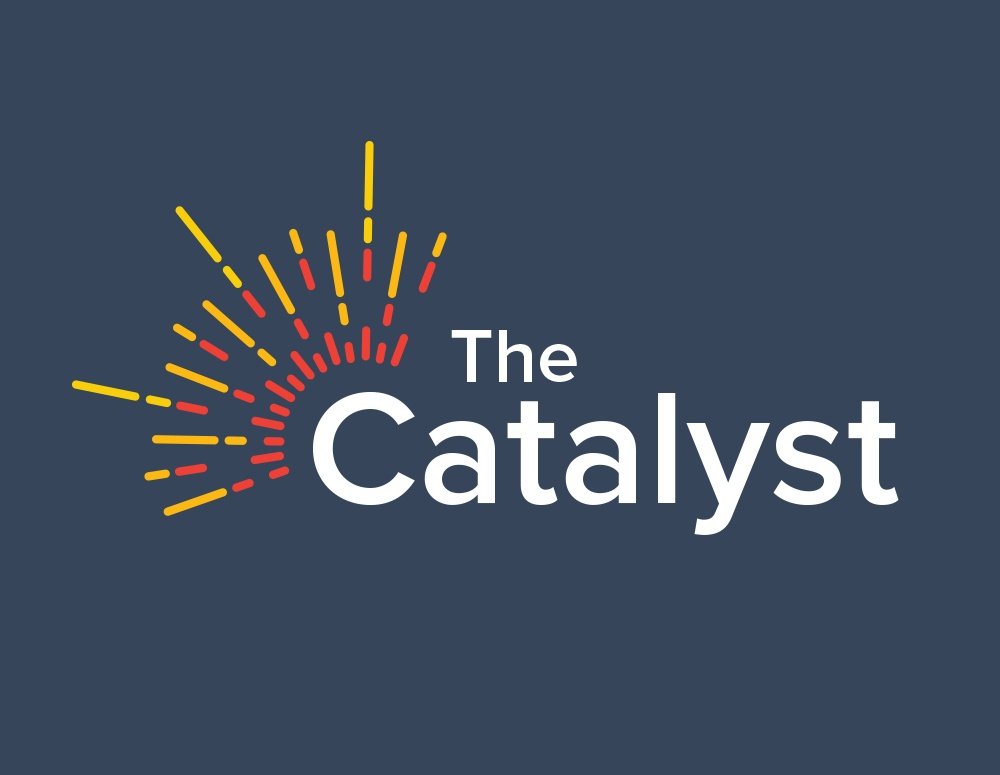Patent Settlements Benefit Consumers
Incremental Innovation in the Development of Biopharmaceuticals

Patent Settlements Benefit Consumers.
Incremental Innovation in the Development of Biopharmaceuticals

Patent Settlements Benefit Consumers.
The Supreme Court heard arguments today in the case of Federal Trade Commission v. Actavis, Inc. which addresses whether innovator biopharmaceutical companies can continue to enter into certain kinds of agreements to settle patent litigation with generic manufacturers. This type of patent settlement allows a generic to come on the market before the patent expires, thereby saving consumers money.
Patent Settlements Benefit Consumers
Innovator and generic companies may pursue patent settlements because there can be benefits for both parties, and ultimately, for consumers. Litigating a patent dispute to the end can result in substantial costs to both innovator and generic companies, create business uncertainty, and can result in significant delays in competition. As the United States Court of Appeals for the Eleventh Circuit stated, “[t]here is no question that settlements provide a number of private and social benefits” when compared to the costs of litigation.
According to one generic company’s estimate, patent settlements on 10 products alone allowed generic launches an aggregate of 83.4 years before patent expiration, resulting in more than $67 billion in savings to consumers.
Limiting Patent Settlements Would Discourage Innovation
Restricting patent settlements would increase the cost of patent enforcement, decrease the value of patent protection generally, and decrease incentives for taking the risks necessary to develop new products. This potential negative impact of restricting patent settlements is particularly significant for smaller biopharmaceutical companies.
Patent Settlement Cases Already Subject to Government Oversight
You wouldn’t know it from the recent Washington Post editorial, but the Federal Trade Commission (FTC) and Department of Justice already receive information on patent settlements in the pharmaceutical industry, can review them on a case-by-case basis, and can challenge them in court.
For more information, you can review the amicus briefs filed by PhRMA and the Generic Pharmaceutical Association.